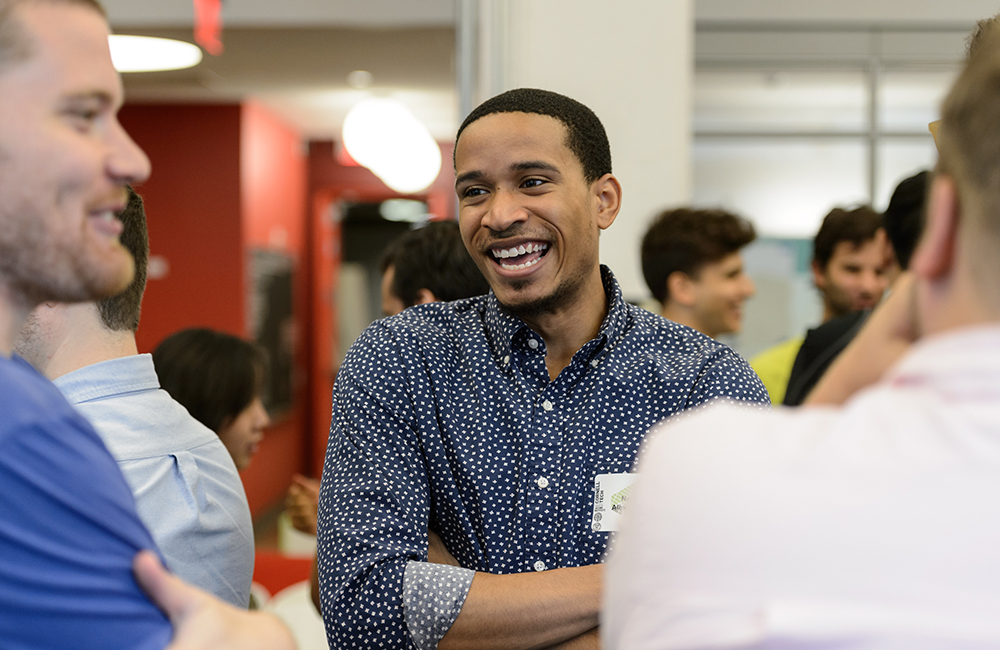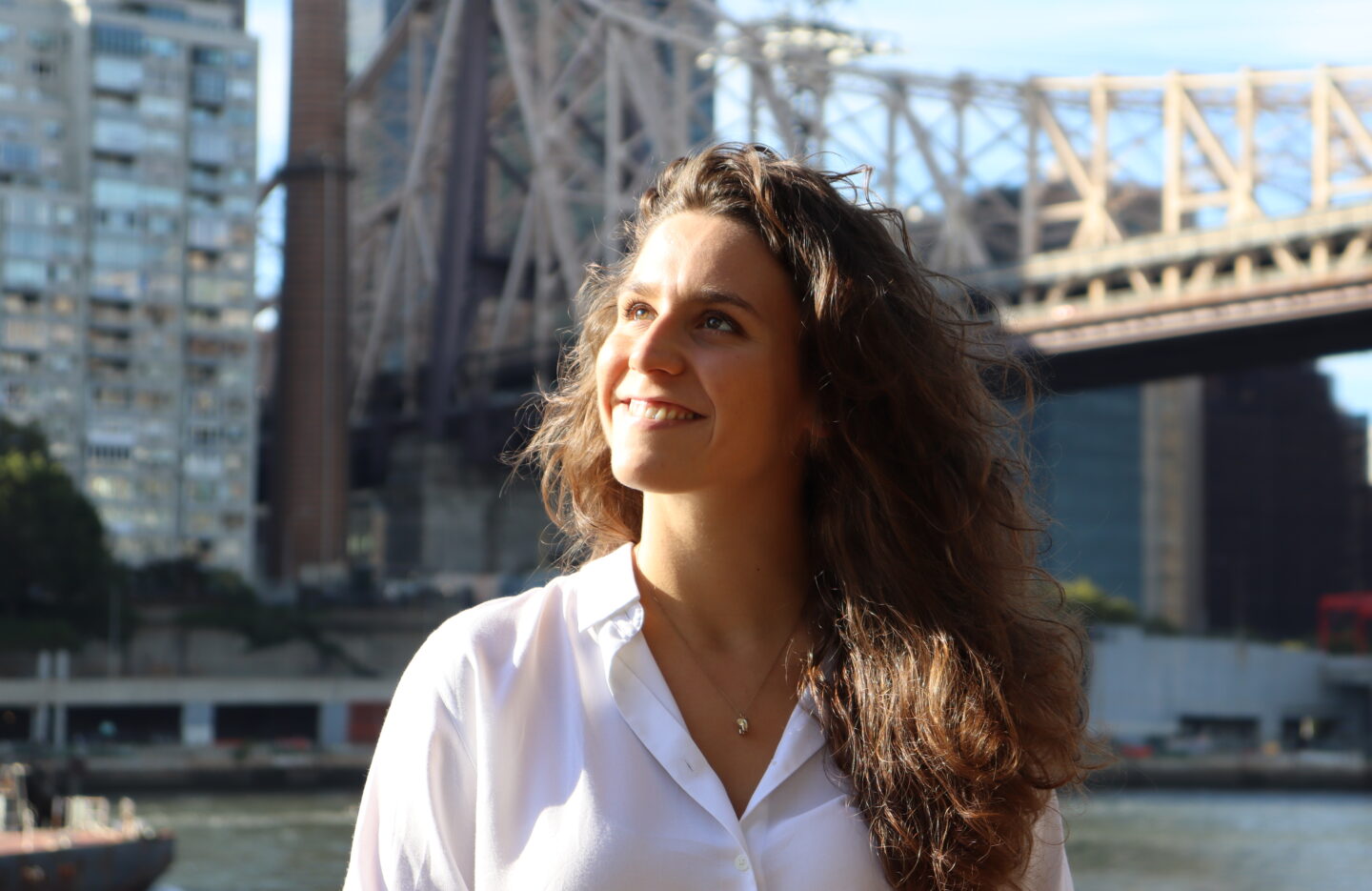Applied Math: Noel Alexander ‘17 Takes His Operations Research to the Next Level
Categories

Career paths aren’t always clear-cut, especially in the world of emerging technologies.
For Cornell Tech student Noel Alexander, Master in Operations Research and Information Engineering (ORIE) ’17, learning to combine his multiple talents and interests felt like the best option.
As a teenager, Alexander was fascinated by data and mathematical models. His interests led him to pursue a degree in Operations Research at Cornell. During a summer research job, Alexander worked with Cornell assistant professor Dr. Jamol Pender on projects in queuing theory, or the study of human behavior when waiting in lines. More specifically, they looked at the non-stationary arrival processes of customers and how those processes impact queue lengths and customer waiting times.
“Those projects helped me understand what research was all about, and were different than anything I had experienced in my undergraduate coursework,” said Alexander. “I enjoyed the autonomy of the data analysis work I did for him.”
This hands-on experience working with Pender at Cornell eventually led him to pursuing a master’s degree in ORIE at Cornell Tech, where he could gain more experience in applied operations research.
“At Cornell Tech, I’m able to concentrate fully on solving problems with data,” said Alexander. Computer science classes like machine learning and data science have helped him apply his previous studies in operations to new projects.
“Data represents a world of opportunity in so many areas,” said Alexander. “I like being at the intersection of business and technology, and eventually I might come back to Cornell Tech to get my MBA.”
Building off of his work in queuing theory with Pender, Alexander has continued to explore how it might be paired with finance technology, hospital networks, or retail. “By playing with historical data, I can start to build an exploratory analysis of how to solve a business problem,” said Alexander. This could mean modeling how products move off the shelves in a retail setting, or trying to predict which way stock prices will move.
During an internship at a major consulting firm, Alexander worked on forensic data analytics because it spoke to his operations research background.
Though data-related questions are the bulk of Alexander’s studies, he has enjoyed the opportunity to develop entrepreneurial skills in classes like Startup Studio, where he and students from other programs work in teams to develop real products.
“My teammates and I are working on a hardware solution to turn a phone to a computing solution,” said Alexander. “The idea behind our product is to fill the gap between students who don’t have access to computers but might have a smartphone.”
Alexander is hoping the product could be used to expand digital literacy within the school districts the team has visited. “It’s outside of operations research, but it’s fun to think about product narratives and how a product might fit with a customer’s needs.”
Alexander’s variety of experience made him realize that there’s a large demand for professionals who can apply business acumen and data analysis to a number of situations.
“Eventually, I’d like to be able to come at different problems from a consulting perspective,”said Alexander. “Working with such diverse groups of people across several industries has made me see that I can apply data-driven ideas to almost any aspect of a business.”





